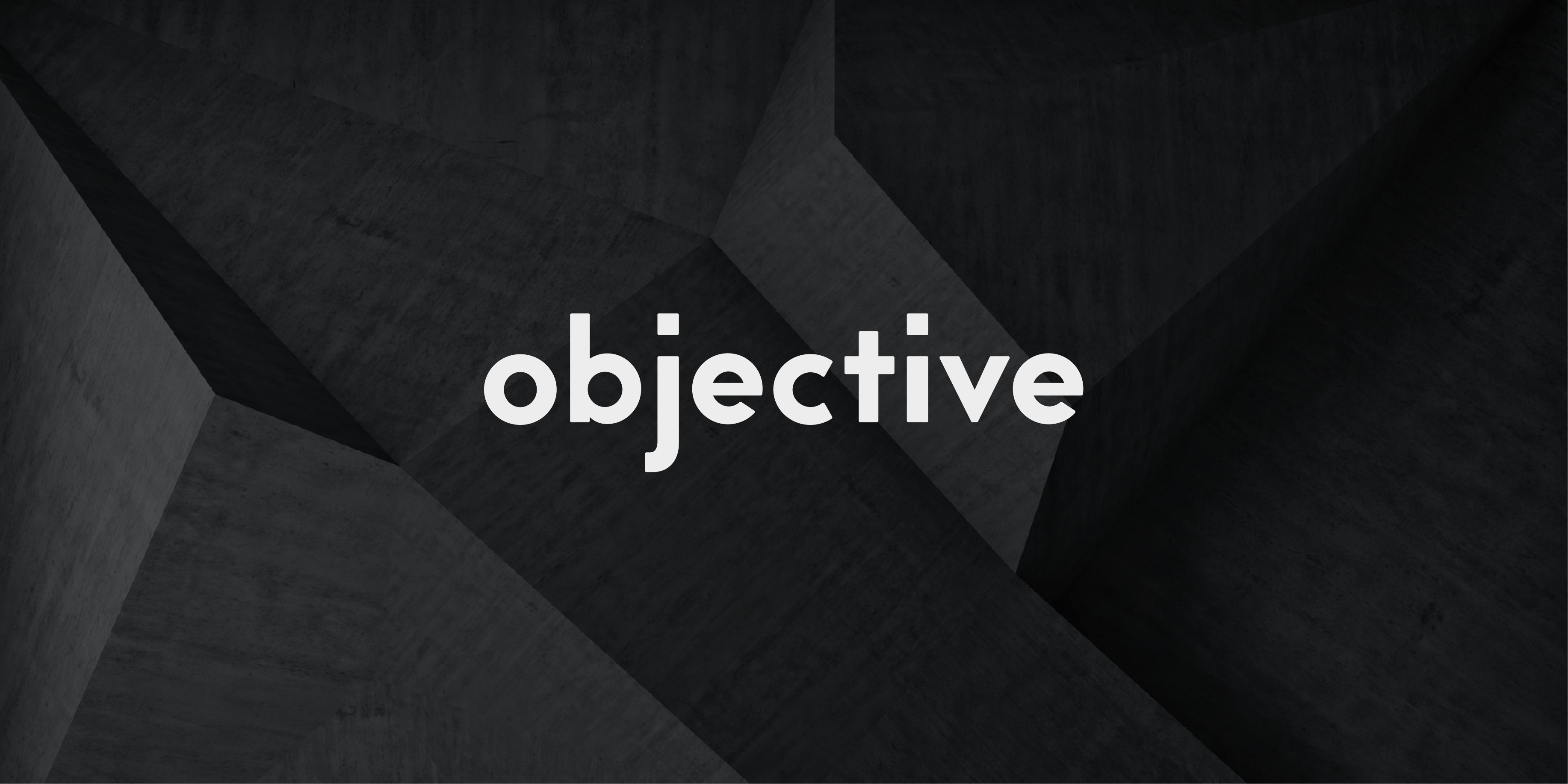At Agency Fusion we're fortunate to have some really great clients. For us, a great client is one who appreciates our experience and recognizes our expertise. We've been doing web development for years and years now (some of us since 1994) so we've definitely been around the block a few times. We recognize, however, that some would-be clients haven't yet done enough web projects to be in a position to fully understand how web development works.
This is an attempt to draw a helpful analogy for the benefit of those who'd like to better understand how websites are (or should be) built.
Additionally, this is for the benefit of those of us who build websites so that perhaps we can better explain to our clients what it is that we do and why it pays to follow a thorough process!
Websites Are Like Houses
I think building websites and building houses share some common attributes. The analogy has been helpful on many occasions when attempting to explain to a client how important it is that we understand all of their requirements fully before we can estimate or build their website.
Custom vs. Manufactured Homes
Custom homes typically cost more than manufactured homes. It's the same with websites. A custom-designed, custom-built website will generally cost more than a website built from an off-the-shelf design template.
Why does custom cost more? Simply because it's exactly what you want or need, not a pre-packaged product for the masses. It requires unique effort (like creating custom plans or blueprints) that is not easily replicated for the next customer. It requires more time and input from an actual human who has sufficient experience to design your unique solution rather than a low-level person who just works on an assembly line building the same piece over and over again.
If you're a designer, this point is at the core of what you do.
A Lot to Build On
You'll need to purchase a lot or a tract of ground before you can build a custom home. Likewise, on the Web you'll need a domain name (the address of the website) and a hosting server (the physical location where your website files will reside) in order to make your website available for the world to visit.
Unlike in real estate there aren't necessarily good or bad areas in which to purchase your "lot." You do want a good, memorable domain name and it is certainly worthwhile to find a hosting provider that is reliable.
Blueprints from the Architect
To build a great house you need to have great blueprints. An architect's job is to understand what it is you want in a house and to create plans for the builders to follow. This makes sure you get what you want and that you know how much it will cost when it's done.
An architect needs a lot of information from you before he or she can create accurate blueprints. It isn't enough to say, "I want a house with 4 bedrooms and 3 bathrooms."
Likewise, getting an accurate assessment of the costs and timeline for building a website requires more than a brief description like, "I want a website that will allow me to sell my products."
Many people undervalue the step of documenting a website's requirements, though. Like a custom home, a website will be better constructed if a set of plans is followed.
An "information architect" is often used on larger website projects whereas the designer and/or developer will often serve as the architect on smaller projects. The important thing is that someone fill this role.
Quality Construction
Because there are so many do-it-yourself options for creating a website it creates some confusion for customers as to why a custom website from a professional firm may cost thousands of dollars while there are so many instant website offerings for a fraction of that price.
The difference in quality isn't always immediately apparent. Much of what quality is about is the things that are less visible. The longevity of the product, the customer service during the project, and the expertise in assembling/constructing the deliverable are all reasons to choose quality over low price in both homes and websites.
Changes to the Plans
Once your home is built it gets quite expensive to change things. If you've built a 4 bedroom home, adding a 5th bedroom isn't going to be cheap.
Although websites are far more flexible than homes, the same principle applies. Once your website is built it is more expensive to make changes than it would have been had you asked for the feature at the beginning of the project.
The reality of web development is that most of us don't know exactly what we want until we see it. For this reason, processes like Agile and XP development have been created to embrace the fact that clients often change their minds along the way. Rather than create an adversarial environment around change, these methods seek to give the client freedom to change as often as they wish and to decide when they've received the value they desire. The challenge is that these methods make it difficult to establish a firm price for the entire project. And from our experience, most clients have a hard time starting a project if they don't know exactly how much it will cost.
Conclusion
What do you think? Is building a website at all like building a house? Do your customers appreciate your expertise as a designer or developer or are you often competing with the kid down the street who's charging pennies to your dollar?
